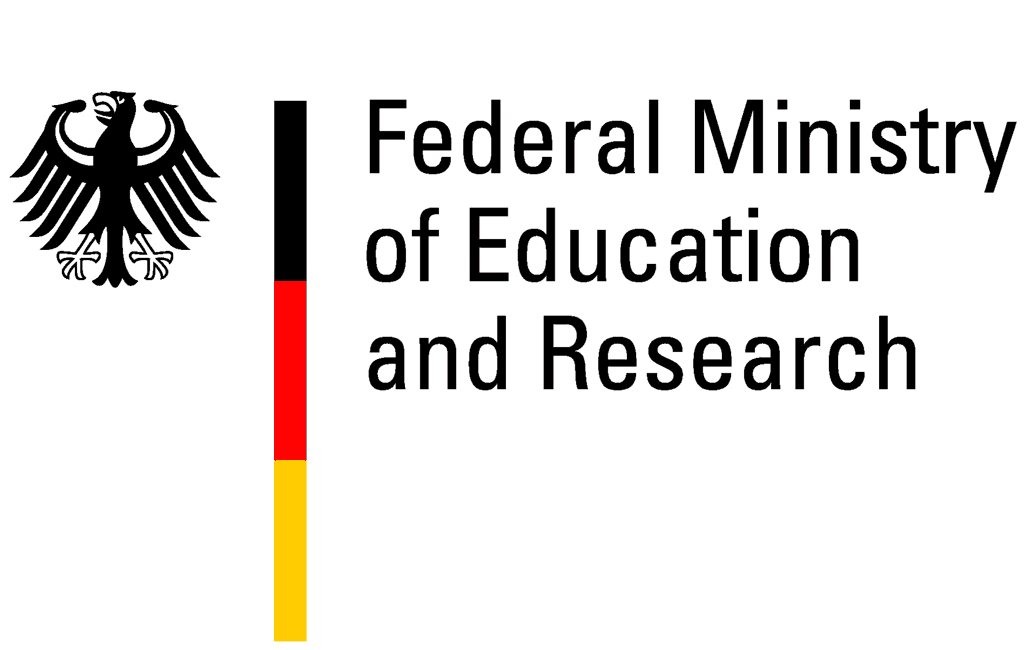Clean Air for a Sustainable Future: A Transdisciplinary Approach to Mitigate Emissions of Black Carbon in Metro Manila, Philippines (TAME-BC)
Metro Manila, capital of the Philippines witnesses tremendously high levels of air pollution, a threat to human health and the environment. A transdisciplinary approach shall identify institutional and technological innovations to contribute to a concept transforming the current situation into a more sustainable future.
Project Lead:
Anna-Katharina Hornidge
Project Team:
Yvonne Kunz
Financing:
Federal Ministry of Education and Research (BMBF)
Time frame:
2020 - 2020
/
completed
Co-operation Partner:
Alfred Wiedensohler (TROPOS Leipzig)
Tamara Schikowski (IUF Düsseldorf)
Emma Porio (Ateneo de Manila University)
Dang Espita-Casanova (Clean Air Asia Manila)
Everlyn Tamayo (Clean Air Asia Manila)
Project description
Assessing Manila's air pollution crisis
The agglomeration of Metro Manila, Philippines, over the last decades became an exemplary case of unsustainable development as massive urbanisation resulted in the rapid increase of its population to 13 million inhabitants. A failing public transport system and the accelerating increase in vehicular fleet resulted in congested streets being filled with private cars, taxis, buses and public utility Jeepneys (PUJs).
Equipped with pre-EURO standard diesel engines, particularly the latter category of transportation is responsible for emitting high concentrations of combustion generated Black Carbon (BC) aerosol particles, which in turn became a dominant aerosol constituent in the urban atmosphere. Additionally, increasing ship transport in Manila’s port further contributed to the worsening air quality in Metro Manila. Air pollution induced social separation and became one of the main reasons for increasing incidence of lung cancer.
While public and political awareness regarding the air pollution crisis is increasing, fairly little is known about current governance or management mechanisms in dealing with increasing emission levels. Making sense of and systemically mapping de facto and de jure air pollution management thus is the goal of one of TAME-BC’s four work packages, implemented by ZMT and Ateneo de Manila University. It engages with ethnographic field research in the port area of Manila and the municipality of Quezon City.
Much of the previous research in Metro Manila has concentrated on technical aspects of measuring air pollution, with limited systematic explorations whatsoever of socially and environmentally sustainable solutions to the air pollution crisis. Based on the overall empirical results of the phase, the goal of another work package carried out by ZMT is to identify innovation potentials to cope with soaring BC levels.
The research findings will be utilised for transdisciplinary (applied) research and for further project development in a research and development phase.

